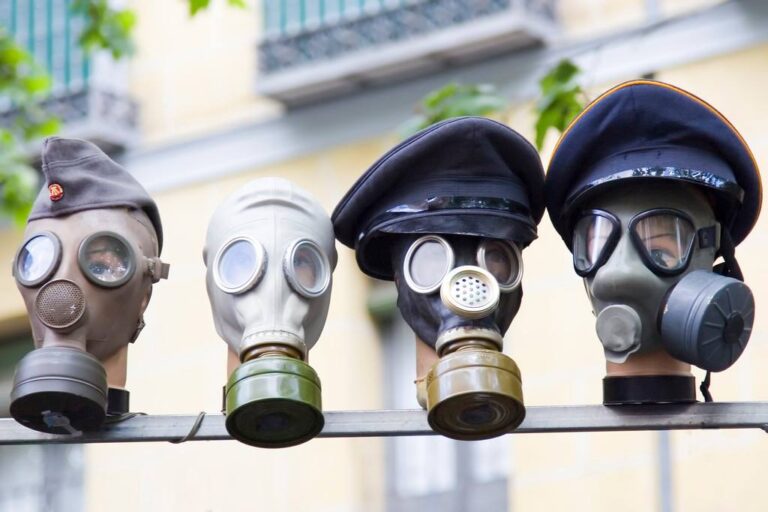On April 22, 1915, in an attempt to turn the tide in World War I, Germany unleashed 180 tons of chlorine gas on the positions of British and French troops, poisoning 5,000 allied soldiers and killing them instantly. This was the first large-scale gas war in world military history. The British and French allied forces, which suffered heavy losses after the battle, urged the local government to make anti-virus equipment as soon as possible.
Soon, the two countries sent dozens of their best scientists to the area that had been attacked by the German side with chlorine gas, to investigate and conduct forensic research. They were surprised to find that a large number of wildlife on the site, including birds in the woods and hibernating frogs and naked insects, had been poisoned and killed. Only the local behemoth, the wild boar, survived unscathed.
Through research and experiments, scientists found that wild boars especially like to use a strong long mouth, dig the soil to find the roots of plants and some small animals. When they smell a strong stimulus, they often arch the ground to avoid it. When the Germans gassed the allied forces, the clever boar ducked its muzzle into the soil and avoided disaster. Further scientific analysis led to the conclusion that the wild boars had survived because they stuck their mouths to the ground, and loose soil particles had absorbed and filtered the gas.
Inspired by the principle that soil can filter poison, the scientists of the two countries selected charcoal, which can adsorb toxic substances and make air clear, and soon designed and manufactured the world’s first gas mask in the shape of a boar’s mouth.
In the bloody battle of Verdun in late February 1916, the German army returned to its old tactic of spraying poisonous gas on its positions. By this time, the French army had basically put on gas masks, which effectively defended against the German gas attack. At that time, the young British scientist Fleming (1881 ~ 19 years, 1928 discovered the miracle of penicillin) excitedly said: “Hooray, lovely boar saved the soldier!”


